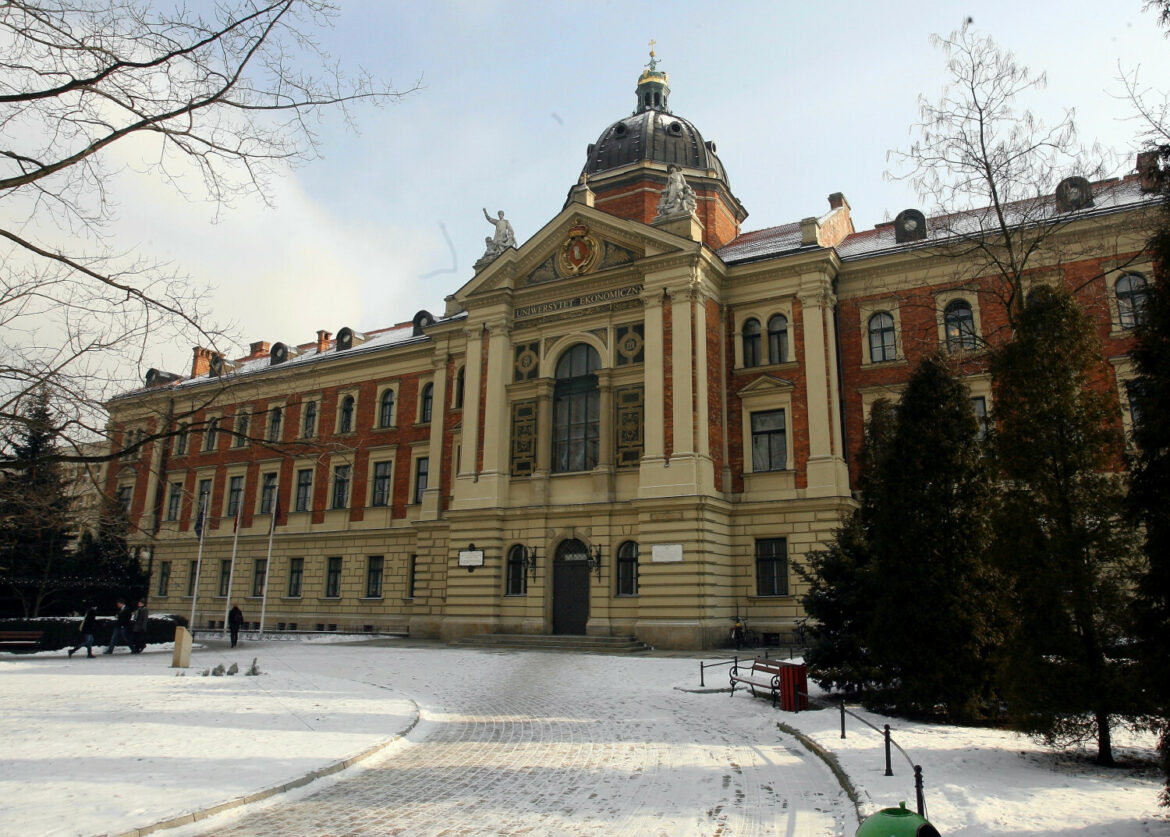An international project of researchers from the Krakow University of Economics was awarded the annual European Heritage Prize. The subject of the research was the relationship between the organisation of major events such as world EXPO exhibitions and the use and protection of cultural heritage.
The European Heritage Awards are Europe’s most prestigious heritage awards. This year, the winners were selected for the twentieth time in five categories, corresponding to the latest priorities for heritage policy in Europe. The jury awarded 30 achievements from 18 countries.
In the category ‘Research’, the project ‘Heritage Opportunities/threats within Mega-Events in Europe (HOMEE)’ co-created by the Krakow University of Economics was one of the winners. The project was carried out from 2018 to 2021 together with Politecnico di Milano (Italy), the University of Hull (UK), Neapolis University Pafos (Cyprus) and the International Cultural Centre in Krakow.
The researchers explored the relationship between mega-events and heritage conservation policies and the impact of large events, such as the European Capitals of Culture or world EXPOs, on heritage-rich cities.
In the past, many cities have used mega-events to support the implementation of their investment projects, develop tourism or build competitiveness. Until recently, the emphasis was put mainly on creating new sports or cultural infrastructure where events would take place.
Today, organisers focus more on using existing facilities, revitalising them or possibly adapting them to new needs. According to project implementers, for historic towns rich in heritage resources, this change represents both an opportunity for development and a threat to their heritage resources.
Arkadiusz Słomczyński





